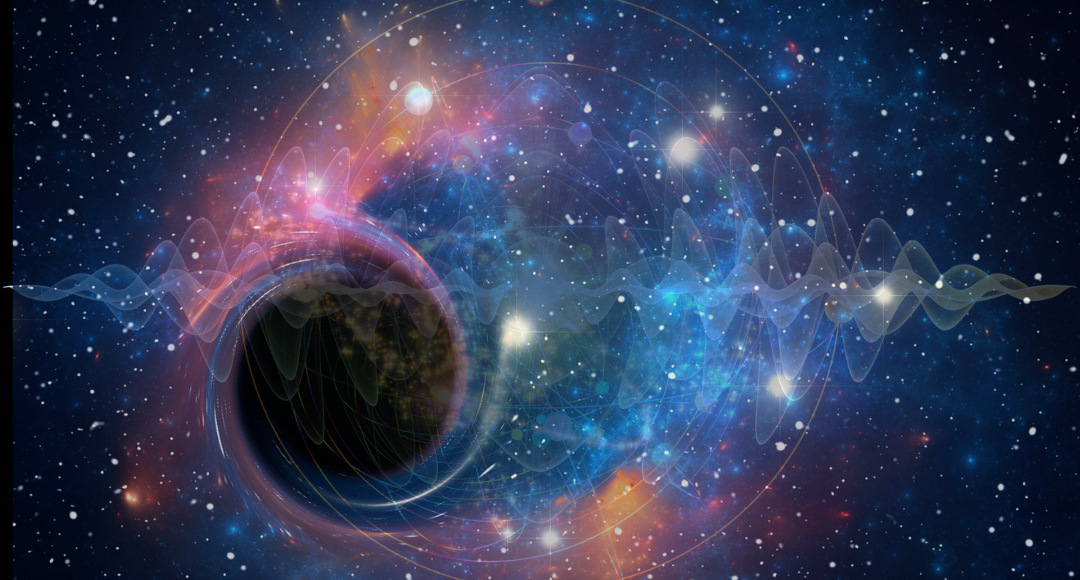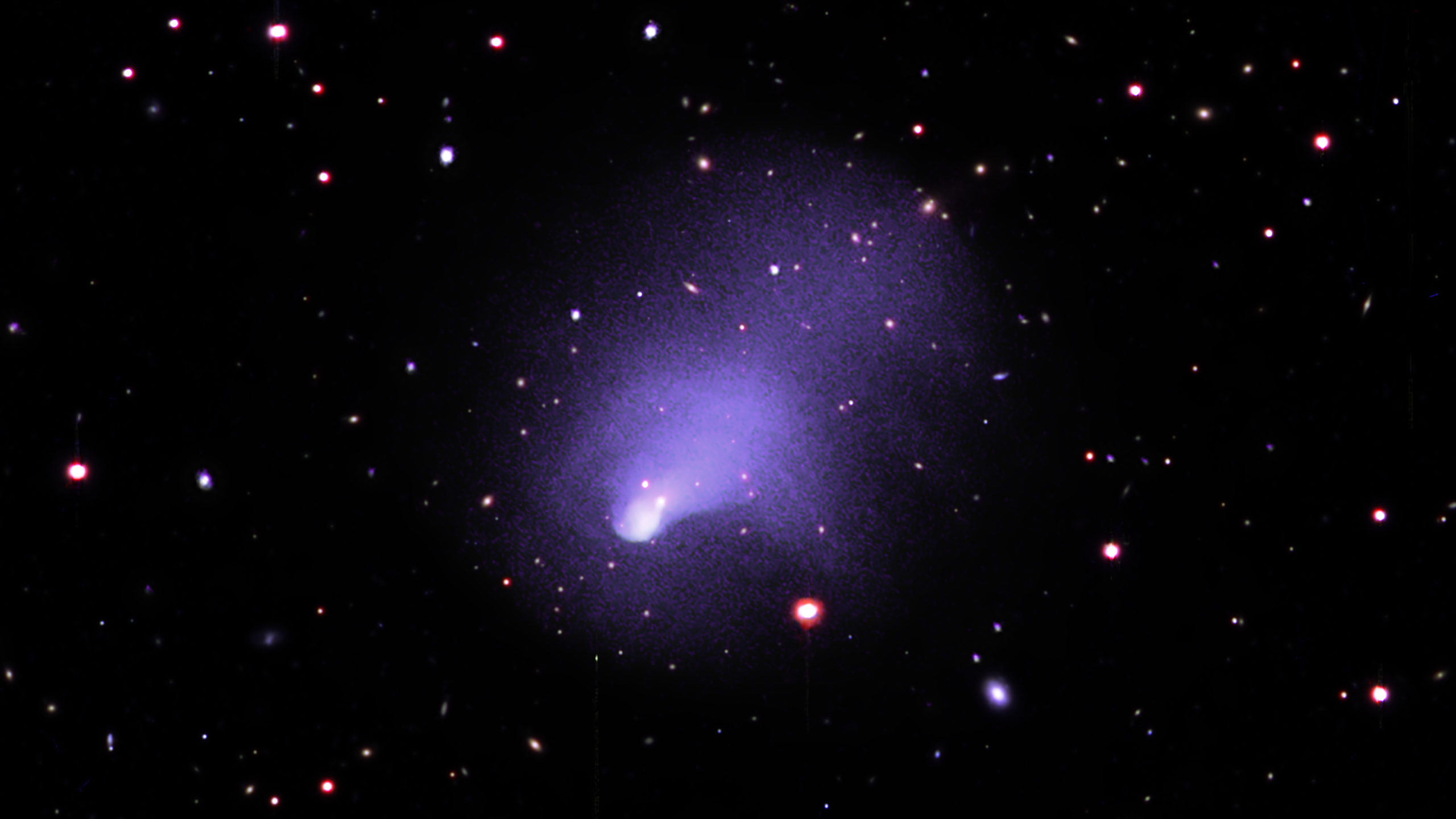Quantum particles are capable of sensing gravitational fields that they have never touched

In quantum physics, magnetic fields that particles never directly interact with can yet have an influence on them. You know Dom, now scientists have shown that Quantum particles are capable of sensing gravitational fields that they have never touched
Oh, no. I’ve no idea about it, Tom. Can you explain it for me?
Of course! A particle would generally need to pass through a magnetic field in order to sense its influence. However, Yakir Aharonov and David Bohm, two physicists, predicted a specific scenario in which the conventional wisdom would be wrong in 1959. The physicists had used the example of electrons to demonstrate how a magnetic field contained within a cylindrical region might effect particles that never enter the cylinder. The electrons in this scenario are in “superpositions,” quantum states defined by the probabilities of a particle materializing in two different locations, rather than having clearly defined locations. Each fractured particle travels around the magnetic cylinder in 2 different paths all at the same time. Numerous experiments have shown that the magnetic field affects the pattern of where particles are found at the end of this journey even though it never contacts the electrons and hence exerts no force on them.
Related: Quantum sensor can detect electromagnetic signals of any frequency
And for your information, Dom, the scientists’ findings published in the Jan. 14 issue of Science have shown how gravitational fields exhibit the same strange physics in the new experiment.
Good to hear! Tell me Tom, what will be its application in the study of gravitational systems?
The study shows the possibility of studying subtle effects in gravitational systems in addition to presenting a well-known physics effect in a new setting. For instance, researchers hope to enhance measurements of Newton’s gravitational constant, G, which reflects the gravitational pull and is currently known with less accuracy than other fundamental constants of nature.
“Every time I look at this experiment, I’m like, ‘It’s amazing that nature is that way,’” says physicist Mark Kasevich of Stanford University.
If you want additional information about this, click this link…
Auto Amazon Links: No products found.


